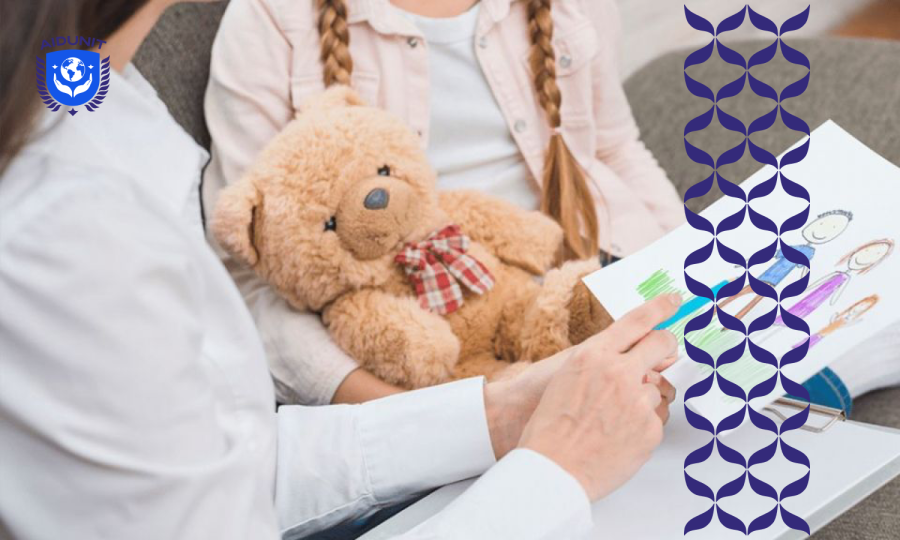How to Protect Children's Mental Health During War: Tips for Parents

War can leave a deep mark on the psyche of children, so it is especially important to provide them with psychological support and protect their emotional stability. Here are some tips for parents on how to protect children's psyche during war:
1. Open dialogues
Create an open environment for conversations and expressions of emotions. Ask children how they are feeling and try to understand their fears and anxieties. Help them find words to express their feelings.
2. Report truthful information
Be honest and open with children, but choose words and explanations that are appropriate for their age and level of understanding. Explain complex concepts simply and clearly.
3. Regime and stability
Children feel safer in a stable environment. Maintain a regular routine for their day, including eating, sleeping and studying. Rituals and regular activities also help create a sense of stability.
4. Minimize exposure to hard material
Limit children's exposure to harsh material, such as reports of war events or gory images in the media. It is important to protect their innocence and integrity.
5. Psychological support
If you notice that your child is very worried about the war, consider seeing a psychologist. Professional help can be important for managing stress and anxiety.
6. Entertainment and relaxation
Provide children with the opportunity to have fun and relax. Playing, drawing, going for walks together, and doing sports can help relieve stress and strengthen emotional resilience.
7. Mutual support in the family
Show an example of mutual support and cooperation in the family. Joint efforts and mutual understanding help to strengthen bonds and mental stability of children.
8. Joint activities and creativity
Organize joint activities and creative projects where children can express their emotions and feelings through art, music or literature.
Keeping these tips in mind, parents can actively contribute to the preservation of their children's mental health in war and conflict. It is important to remember that each child is unique and needs an individual approach to psychological support.
AidUnit



